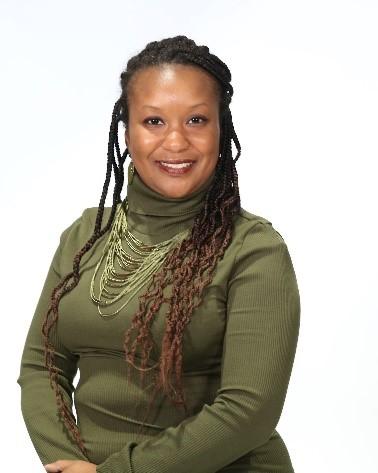
The Family Medicine Department at Boston Medical Center values the promotion of diversity. We want our department to better reflect the diversity of the communities that we serve because we know that diversity leads to excellence in patient care, education, and research. We also understand that equity and inclusion remain essential for our department’s success, beyond just recruitment.
The Committee on Equity and Inclusion (CEI) was established in 2016 to implement and sustain diversity, equity, and inclusion efforts in the Department of Family Medicine (DFM). Membership in CEI is broad and includes residents, faculty, staff, and administrators.
- To improve the diversity among our DFM residents, faculty and staff through concerted recruitment efforts.
- To create a safe, supportive, diverse, and inclusive environment for residents, faculty and staff across all levels of leadership.
- To instill a shared responsibility for racial justice in our department.
Some of the committee’s work has included:
- Supporting the establishment of a faculty position, the Director of Diversity, Equity, and Inclusion, with protected time to oversee diversity recruitment and retention efforts.
- Establishing guidelines for a holistic review of incoming resident applicants, as well as incorporating blinded interviews that allow for a focus on applicant values and not simply metrics.
- Attendance at recruitment conferences and events for URiM applicants.
- Organizing regular gatherings among residents and faculty of color that promote a sense of community and can build mentorship.
- Developing a resident curriculum with a focus on structural and institutional racism. We lead with racial equity because we recognize that the greatest structural inequities in the United States have historically occurred along racial lines.
- Creating a faculty development series on Racism.
- Recruiting speakers on Health and Racial Equity for our Departmental Grand Rounds and Health Equity Dinners.
- Identifying Racial Equity Champions who help lead racial equity work in the department.
- Charging the department’s senior leadership to include at least one racial equity goal in each clinical and administrative unit’s strategic plan.
As we continue working towards equity in our department, we challenge ourselves to approach our work with an increasingly intersectional lens.
AY 25-26 Committee on Equity and Inclusion Champions
Marielle Baldwin, MD, MPH – Intern lectures on Race and Racism
Katherine Gergen-Barnett, MD – Community Health Equity Dinners
Nicole Jackson, MD – URM Residency and Faculty Recruitment / Intern lectures on Race and Racism / Retention and Vitality
Jayme Mendelsohn, MD, MPH – LGBTQIA+ Health Curriculum
Rachel Mott-Keis, MD – Health Equity Grand Rounds
Jen Pfau, MD – Health Equity Curriculum
Rohini Rau-Murthy, MD – BIPOC & Allyship Socials and Health Equity Curriculum
Beth Sommers, PhD, MPH - LGBTQIA+ Health Curriculum
Residency Health Equity Curriculum
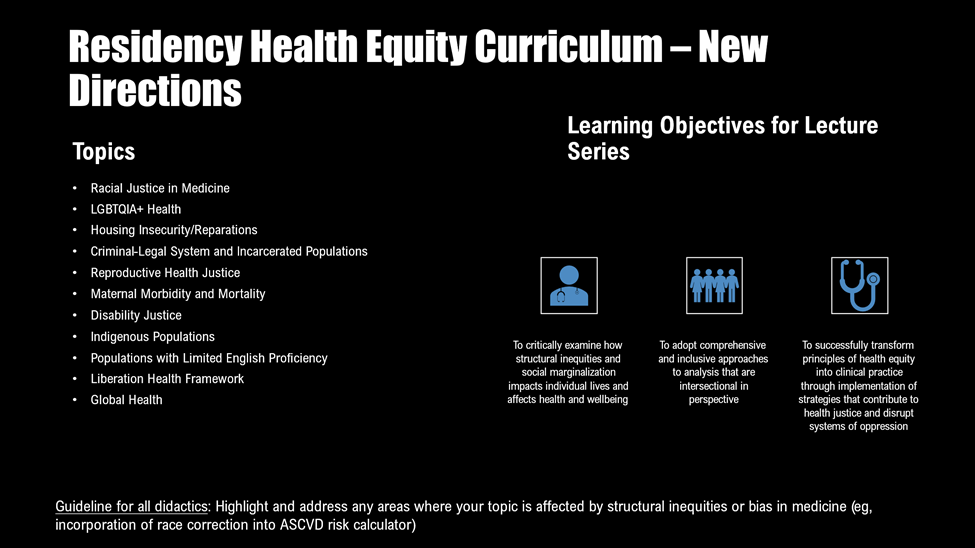
BIPOC Socials
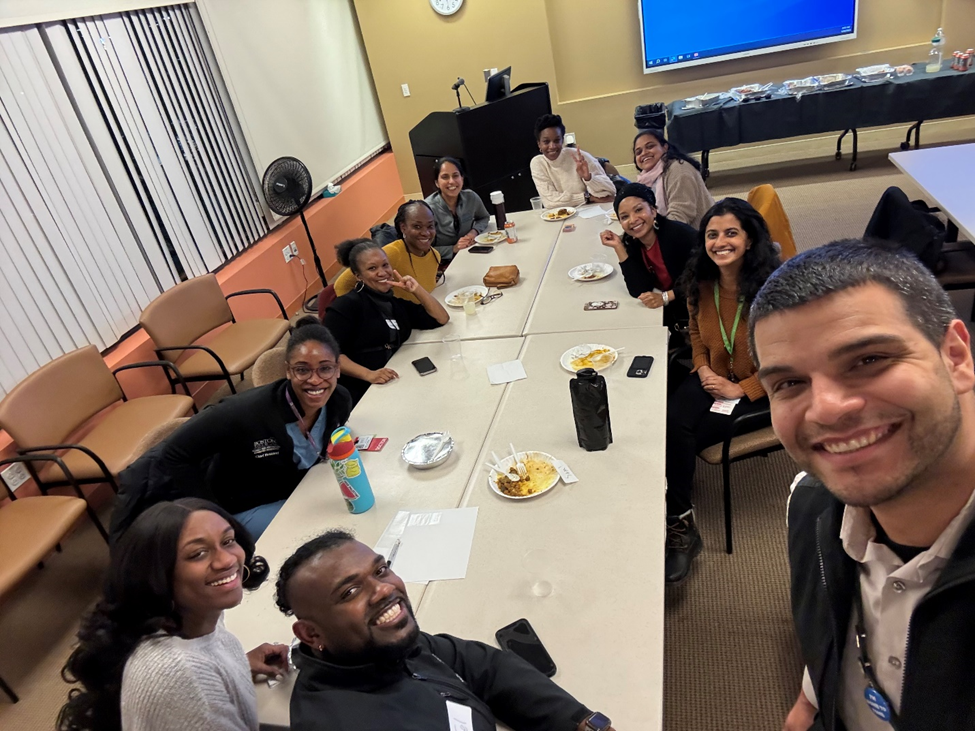
The committee organizes social events several times per year for residents, faculty and staff who identify as black, indigenous or a person of color. These BIPOC socials are designed to create safe spaces for BIPOC individuals in our department in order to facilitate dialogue and just be.
LGBTQIA+
The LGBTQIA+ curriculum faculty and resident working group is now under the umbrella of the subcommittee of health equity curriculum.
The group is dedicated to creating a longitudinal curriculum that promotes resident competency in caring for LGBTQIA+ patients. Having already created core curriculum for PGY-1 residents, we are expanding the curriculum for PGY2 and PGY3 residents. For additional clinical experience electives, a number of upper level residents rotate at the Fenway Community Health Center each year.
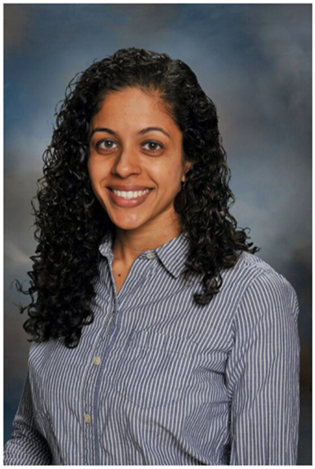
Community Engagement: The Ladder
"Being part of the Ladder gives me a meaningful way to learn from, share, and grow with my local community outside of the hospital setting. The kids bring so much energy and curiosity to each session. It reminds me of why I got into medicine in the first place!" - Dr. Janani Arangan, PGY-1 in the combined Family Medicine/Psychiatry program"
The Ladder is a monthly gathering with hands-on learning. The Ladder, which was launched in 2012, is a intergenerational, cascading mentorship club with a mission to inspire, empower and prepare young for careers in healthcare, medical and science. Since then, The Ladder has grown from a pilot program to opening chapters in Minneapolis, St. Paul, and now Boston. BMC Family Medicine Resident physicians play very important mentoring and being mentored in this organization's monthly meetings at Codman Square Academy. The Ladder motto is "Lift as you climb, build as you grow".
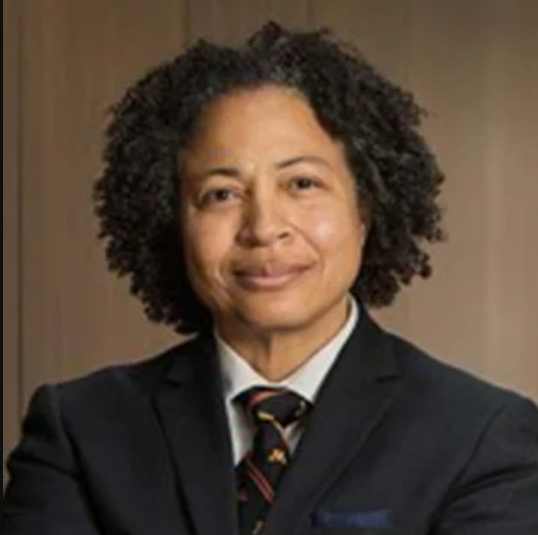
You don't need to be an expert in anything but your own experience.
- Please join us! Every Third Saturday of each Month.
- Please invite Middle School, High School, Med students and Resident Physicians, especially URM folks.
- Black Box Theatre at Codman Square Academy from 1:30pm to 3:30pm. LUNCH and fun guaranteed!
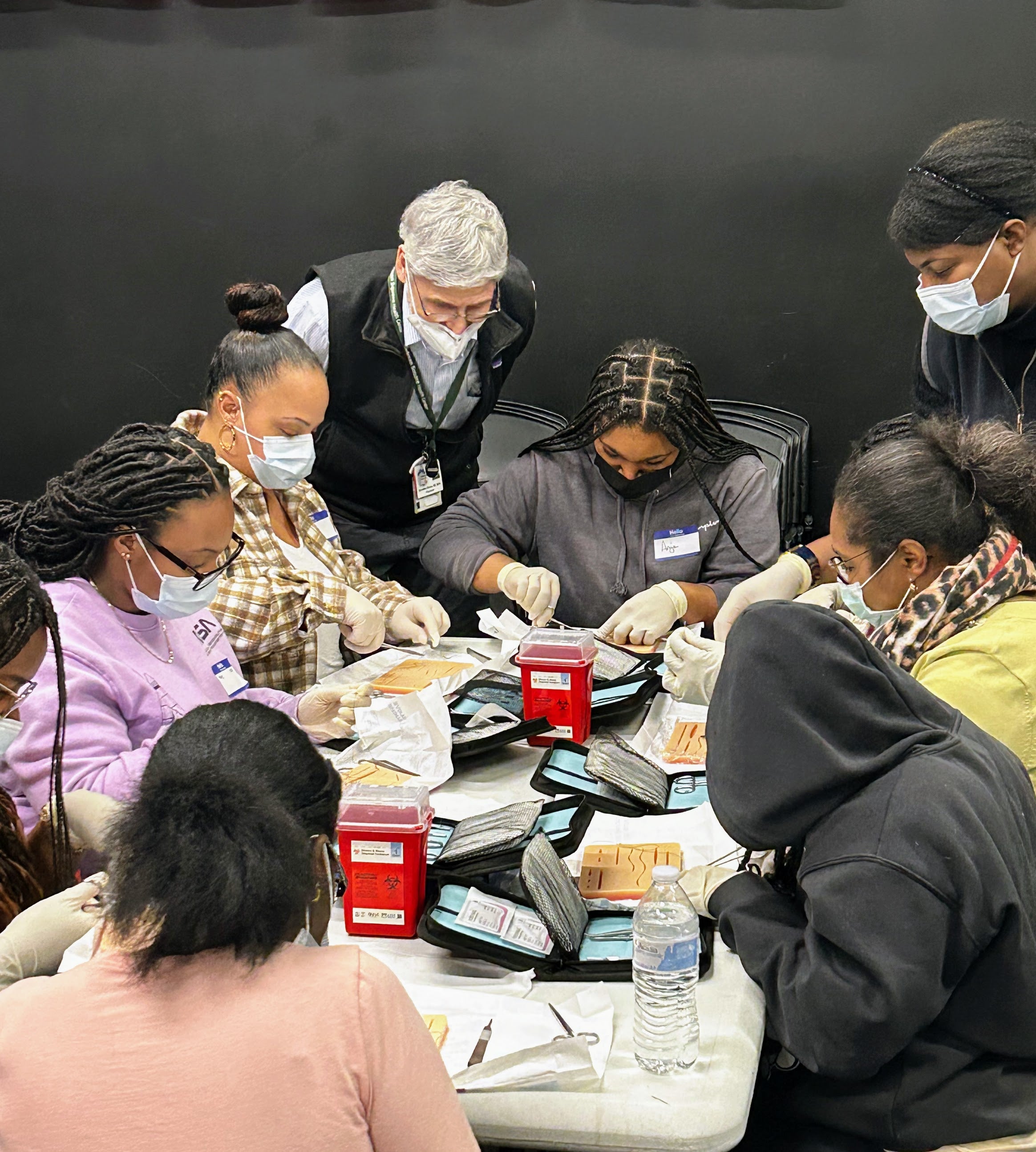
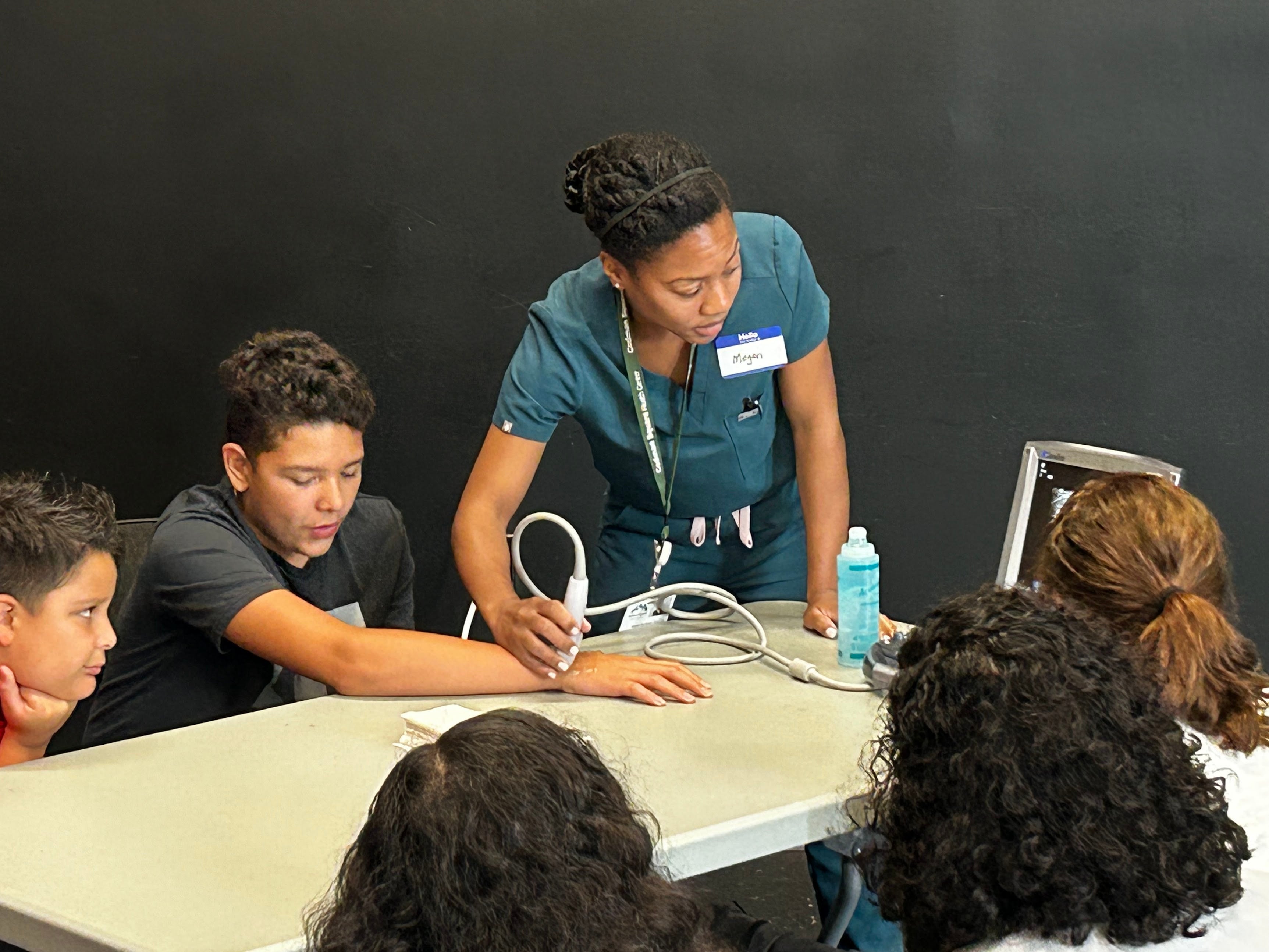
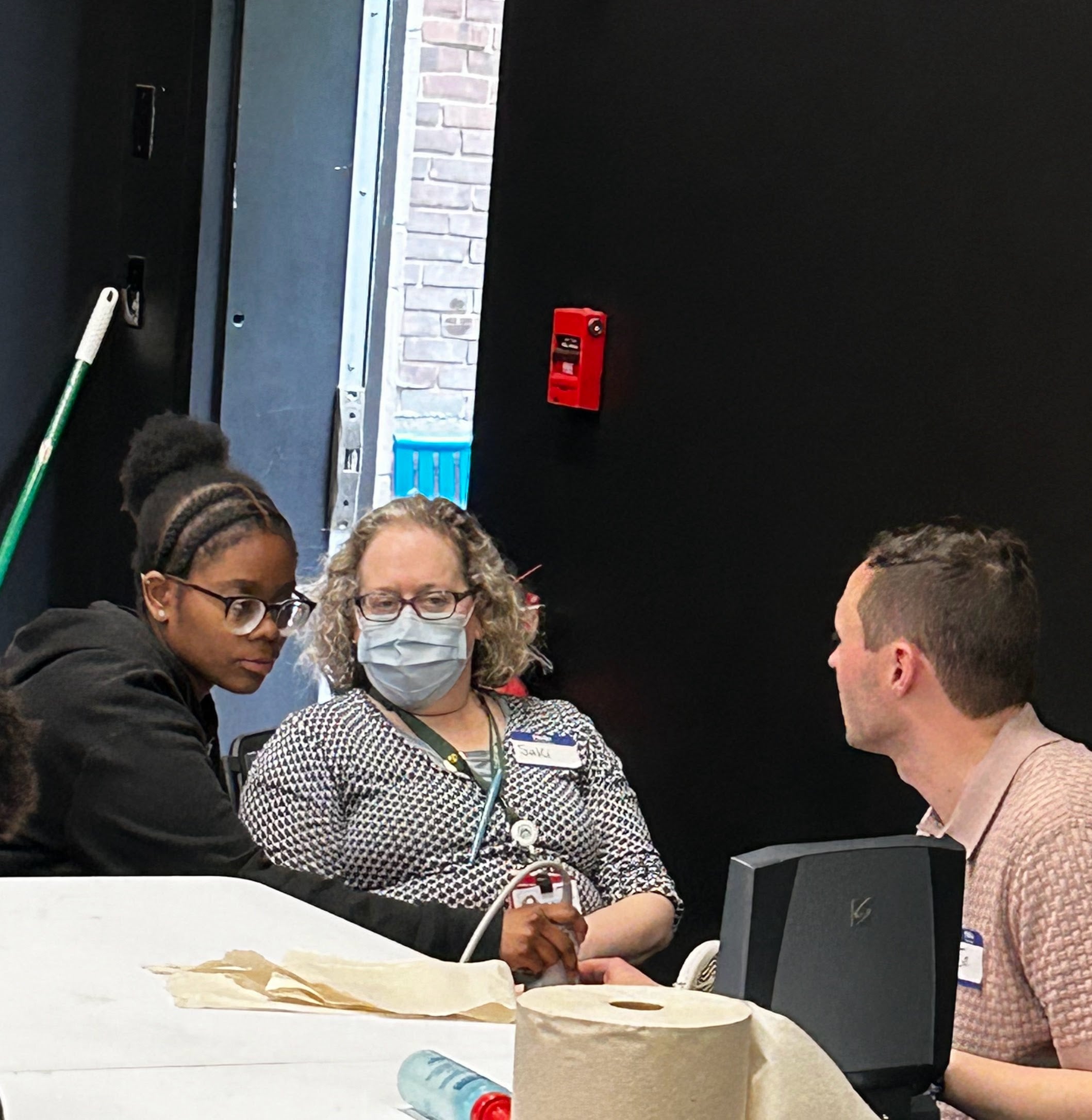
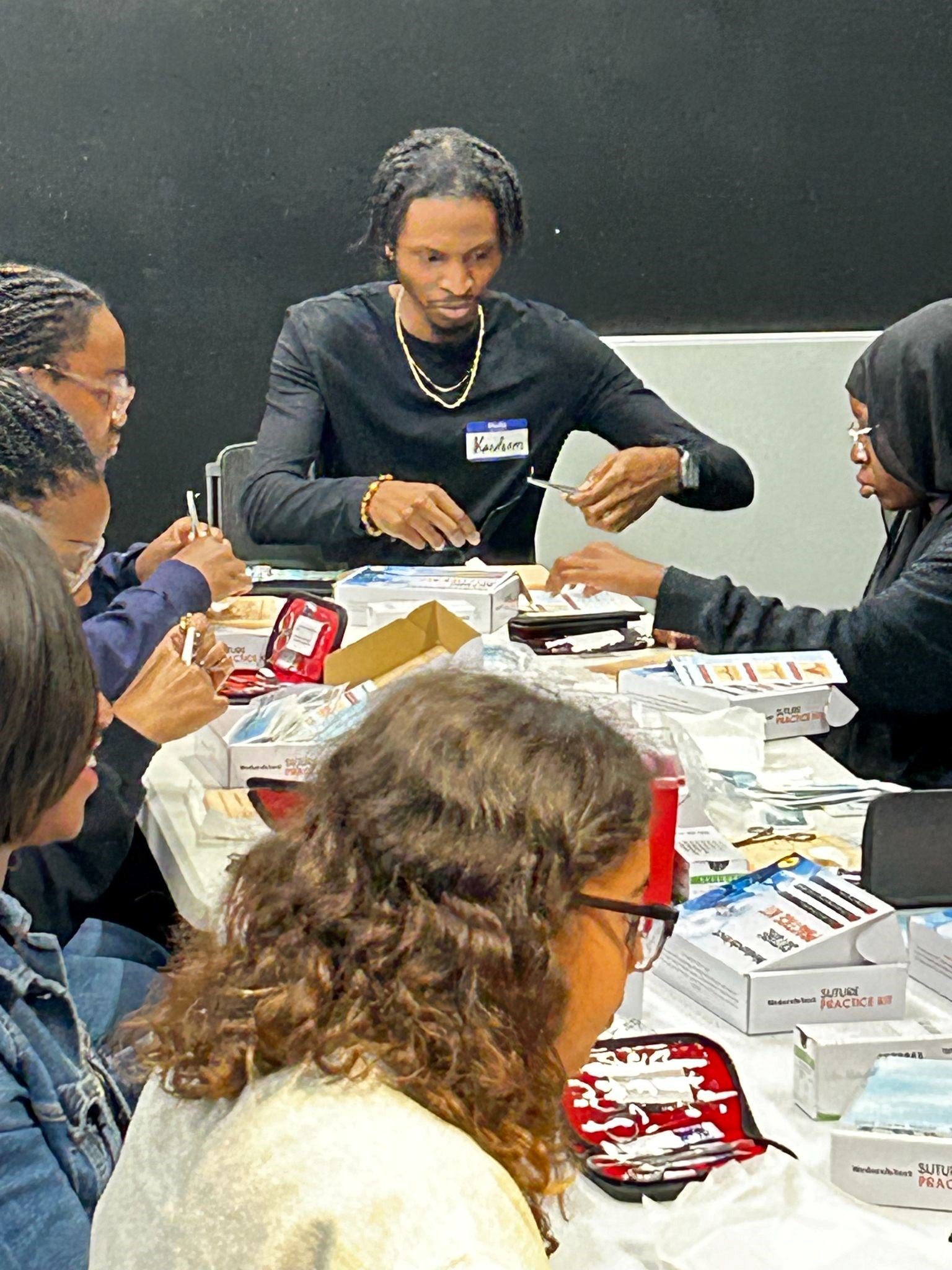 .
. 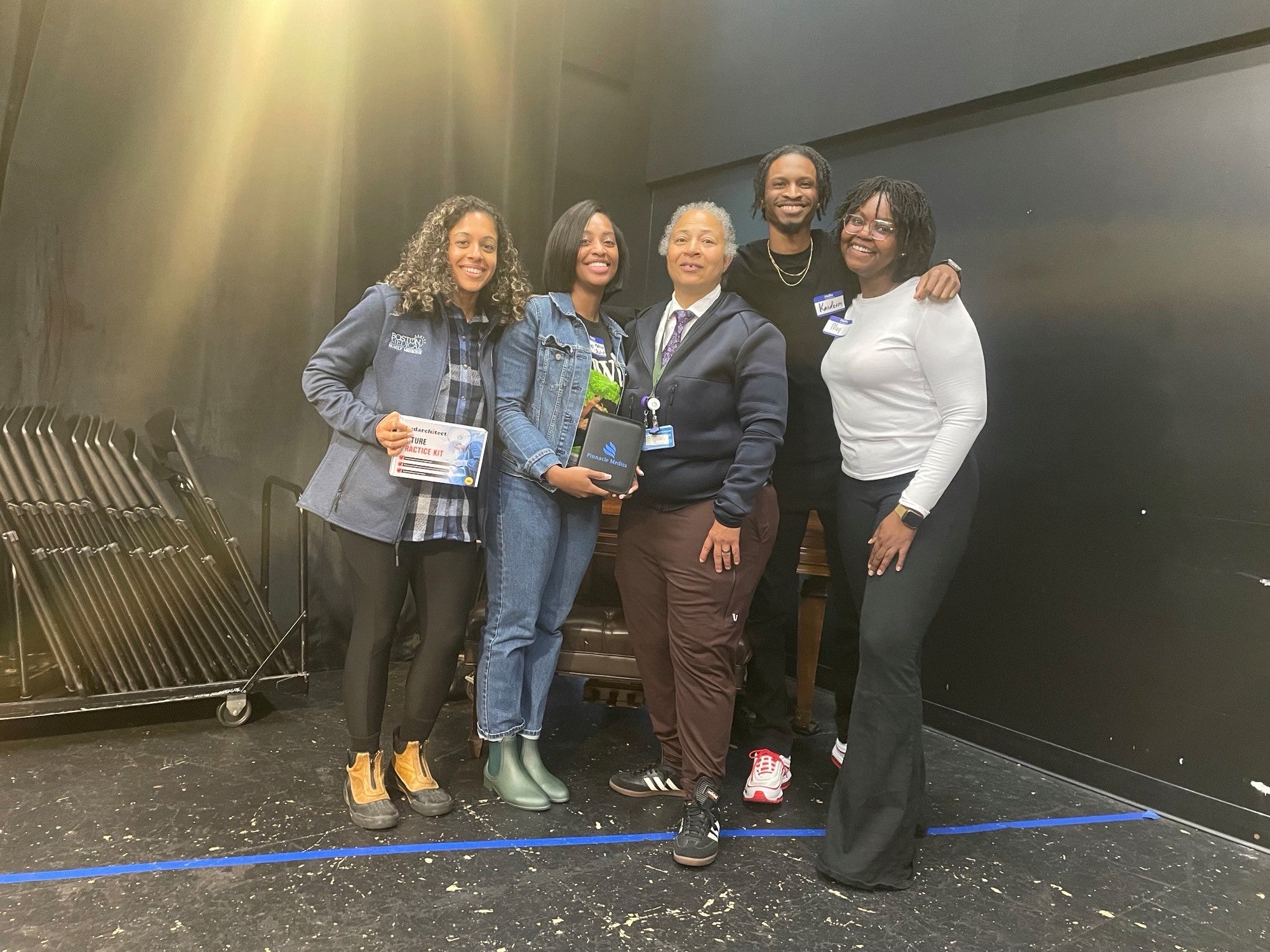 .
. 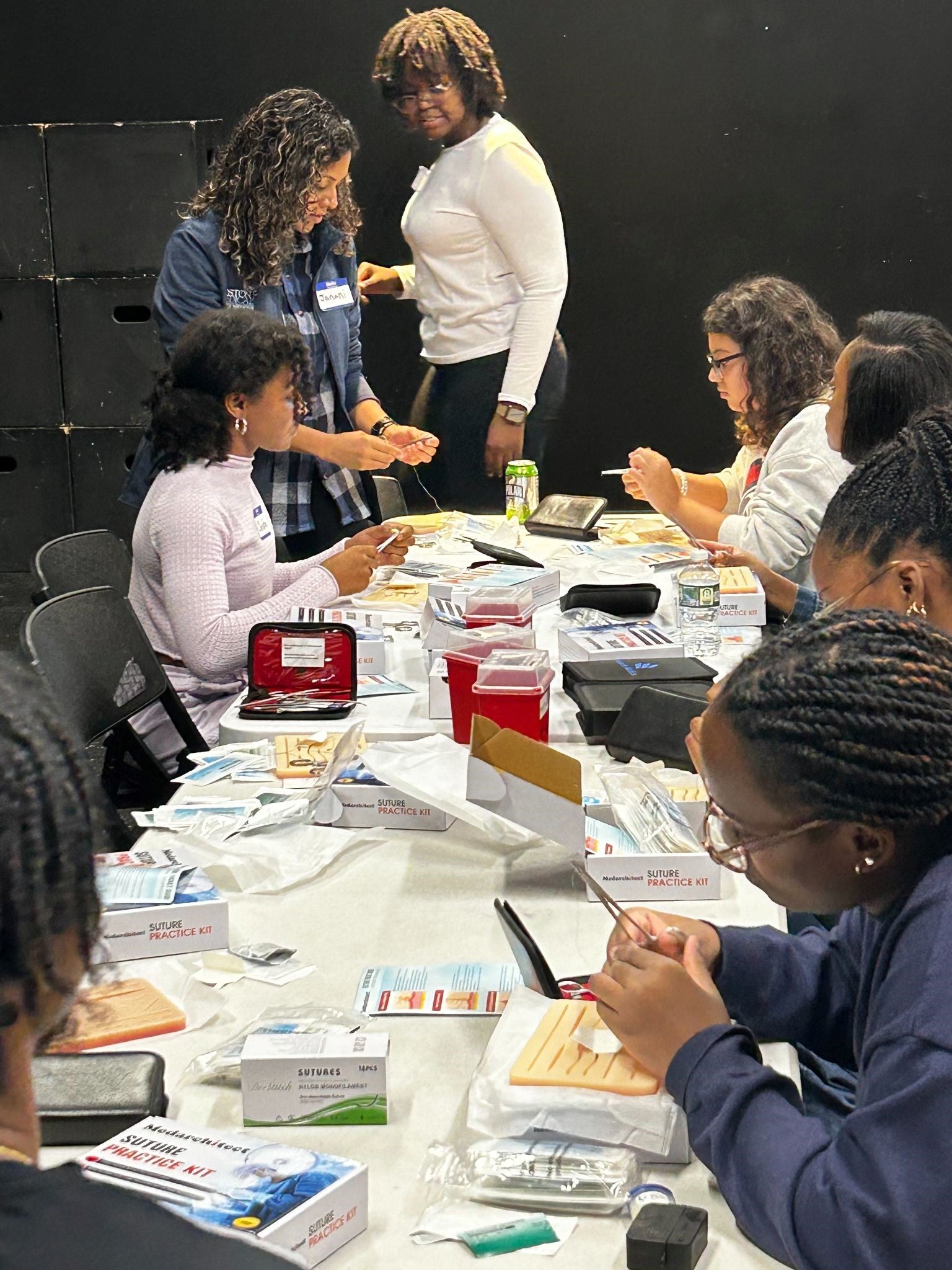
Diversity Snapshot
BMC Patient Demographics
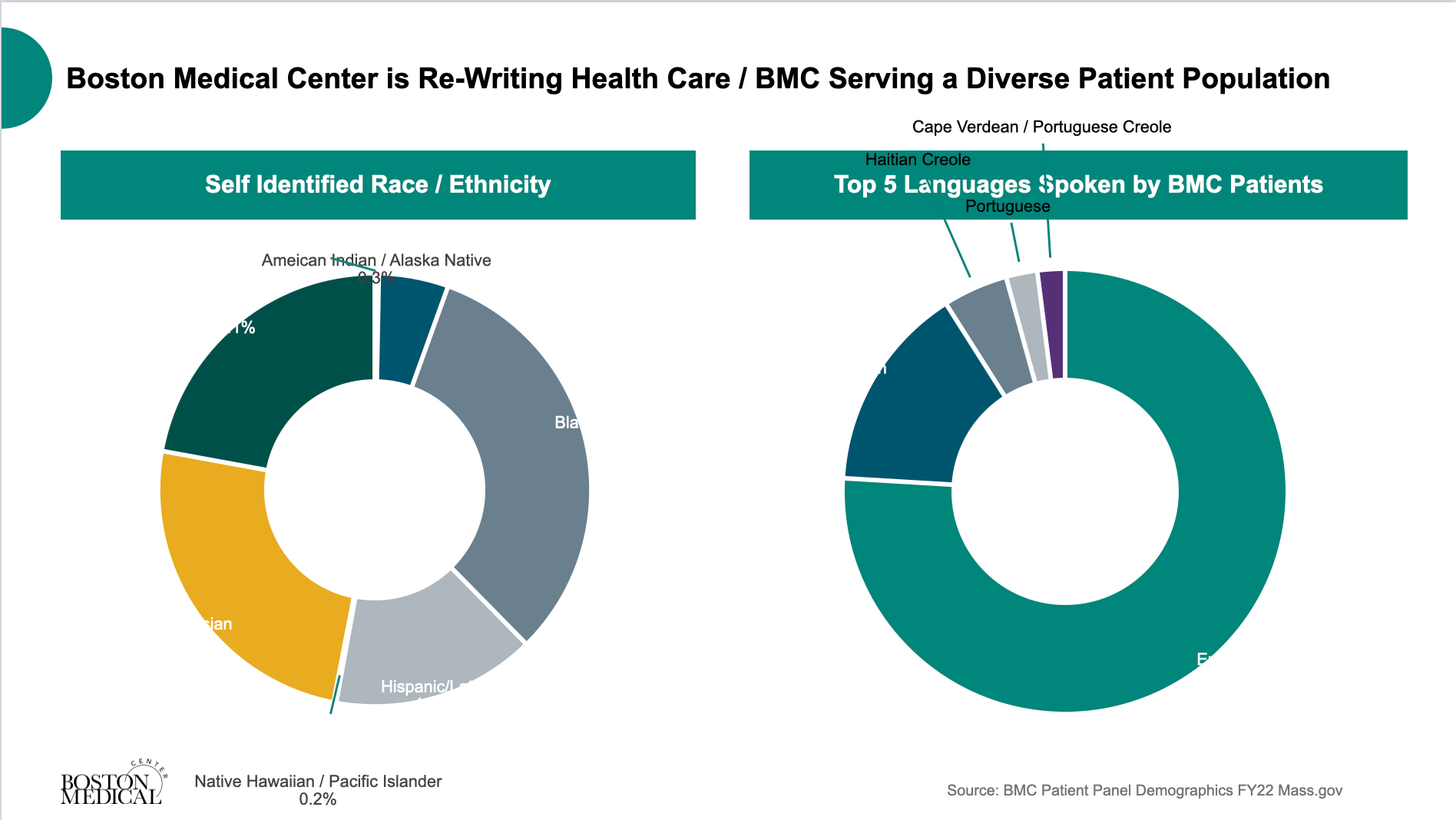
Approximately 57% of BMC patients come from underserved populations, including low-income families, elders, people with disabilities and immigrants. Approximately 75% of all patients are from racial and ethnic minority populations, and 32% have a primary language other than English. The most common languages after English include Spanish, Haitian Creole, Portuguese, and Portuguese Creole.
BMC Underrepresented Minority in Medicine (URiM) Trainees
For AY 2024-2025, 23% of Boston Medical Center's residents and fellows have self-identified as underrepresented minorities in medicine.
Family Medicine Resident & Faculty Demographics
For academic year 2025-2026, 44% of our Family Medicine residents identify as Black, Indigenous or a Person of Color. 17% of our residents identify with a racial or ethnic group that is historically underrepresented in medicine.
As of June 2024, 31% of our Family Medicine Departmental faculty identify as Black, Indigenous or a Person of Color. 15% of our faculty identify with a racial or ethnic group that is historically underrepresented in medicine.
The recruitment, retention, and well-being of URiM residents, faculty and staff continues to be a top priority.
For more information about our department’s DEI efforts, please feel free to contact Dr. Nicole Jackson at Nicole.Jackson2@bmc.org
Boston Medical Center's Office of Minority Physician Recruitment
For over 30 years, Boston Medical Center’s Office of Minority Physician Recruitment has partnered with training programs and clinical departments to help attract, recruit, and retain talented under-represented minorities in medicine within the residency, fellowship, and faculty ranks for Boston Medical Center and Boston University Chobanian & Avedisian School of Medicine.
For additional information, please view this PowerPoint and pdf document.
www.bmc.org/minority or http://www.bmc.org/minorityphysician
Boston is a diverse urban community representing the many faces of the patients we serve. Our institution has put together the following list of resources to showcase some of the Boston gems.
Subsidized Visiting Elective Program (SVEP)
The department of Family Medicine offers limited slots for medical students desiring to do a visiting elective rotation with us. All interested applicants must apply though the Visiting Student Learning Opportunities (VLSO) website. The department of Family Medicine also participates in the Subsidized Visiting Elective Program (SVEP), which offers a stipend for medical students historically underrepresented in medicine to participate in visiting elective rotation. More information about the program and how to apply can be found HERE.
Publications
1) Assoumou SA, Peterson A, Ginman E, James T, Pierre CM, Hamilton S, Chapman S, Goldie J, Koenig R, Mendez-Escobar E, Leaver H, Graham R, Crichlow R, Weaver T, Cotterell S, Valdez G, De Las Nueces D, Scott NA, Linas BP, Cherry PM. Addressing Inequities in SARS-CoV-2 Vaccine Uptake: The Boston Medical Center Health System Experience. Ann Intern Med. 2022 Jun;175(6):879-884. doi: 10.7326/M22-0028. Epub 2022 May 17. PMID: 35576586.
2) Cambell FM, Ogbeide SA, Echiverri A, Guillaume G, Henderson JE, Jackson N, Marquez CM, Miranda C, Montoya M, Oni K, Pierre G, Semenya AM, Scott L, Udezi V, Flattes VJ, Rodriguez JE, Washington JC. Are committee experiences of minoritized family medicine faculty part of the minority tax? a qualitive study. BMC Med Educ. 2023 Nov 13;23(1):862. doi: 10/1186/s12909-023-04848-3. PMID: 37957655; PMCID: PMC10644420.
3) Crichlow R. The Question of Equity in the Room Is Where It Happens. Fam Med. 2023 Sep;55(8):570-571. doi: 10.22454/FamMed.2023.520304. PMID: 37695938.
4) Gergen Barnett K, Mishuris RG, Williams CT, Bragg A, Semenya AM, Baldwin M, Howard J, Wilson SA, Srinivasan J. Telehealth's Double-Edged Sword: Bridging or Perpetuating Health Inequities? J Gen Intern Med. 2022 Aug;37(11):2845-2848. doi: 10.1007/s11606-022-07481-w. Epub 2022 Mar 23. PMID: 35352272; PMCID: PMC8963395.
5) Jackson NM, Wusu MH, Washington JC, Rodriguez JE. A Peculiar Trend: Family Medicine Residents of Color Are Less Burned Out. Fam Med. 2023 Feb;55(2):132-133. doi: 10.22454/FamMed.2022.440940. Epub 2023 Jan 7. PMID: 36689452.
6) Ravenna PA, Wheat S, El Rayess F, McCrea L 2nd, Martonffy AI, Marshall C, Tepperberg S, Friedman RSC, Barr WB. Diversity, Equity, and Inclusion Milestones: Creation of a Tool to Evaluate Graduate Medical Education Programs. J Grad Med Educ. 2022 Apr;14(2):166-170. doi: 10.4300/JGME-D-21-00723.1. Epub 2022 Apr 14. PMID: 35463173; PMCID: PMC9017255.
7) Sexton SM, Lin KW, Bunt CW, Delzell JE Jr, Crichlow R. Improving Diversity, Equity, and Inclusion in AFP. Am Fam Physician. 2023 Jan;107(1):11-12. PMID: 36689958.
8) Shahriar AA, Puram VV, Miller JM, Sagi V, Castañón-Gonzalez LA, Prasad S, Crichlow R. Socioeconomic Diversity of the Matriculating US Medical Student Body by Race, Ethnicity, and Sex, 2017-2019. JAMA Netw Open. 2022 Mar 1;5(3):e222621. doi: 10.1001/jamanetworkopen.2022.2621. PMID: 35289863; PMCID: PMC8924719.
9) Wheat SJG, Wright KM, Martonffy AI, Tepperberg S, Ravenna PA, Waits JB, El Rayess F. Evaluation of Family Medicine Residency Programs for Diversity, Equity, and Inclusion Milestones. Fam Med. 2023 Oct 17. doi: 10.22454/FamMed.2023.919199. Epub ahead of print. PMID: 37870796.
10) Wusu MH, Tepperberg S, Weinberg JM, Saper RB. Matching Our Mission: A Strategic Plan to Create a Diverse Family Medicine Residency. Fam Med. 2019 Jan;51(1):31-36. doi: 10.22454/FamMed.2019.955445. PMID: 30633795.
11) Wusu MH, Baldwin M, Semenya AM, Moreno G, Wilson SA. Racial Justice Curricula in Family Medicine Residency Programs: A CERA Survey of Program Directors. Fam Med. 2022 Feb;54(2):114-122. doi: 10.22454/FamMed.2022.189296. PMID: 35143683.
Working at BMC
Additional Resources:
Boston Medical Center’s Glossary for Culture Transformation
GME Diversity & Inclusion Council
Boston University Medical Group’s Office of Equity, Vitality and Inclusion
Boston Medical Center's GenderCare Center
Self-Guided D&I Learning Toolkits | Diversity & Inclusion (bu.edu)
